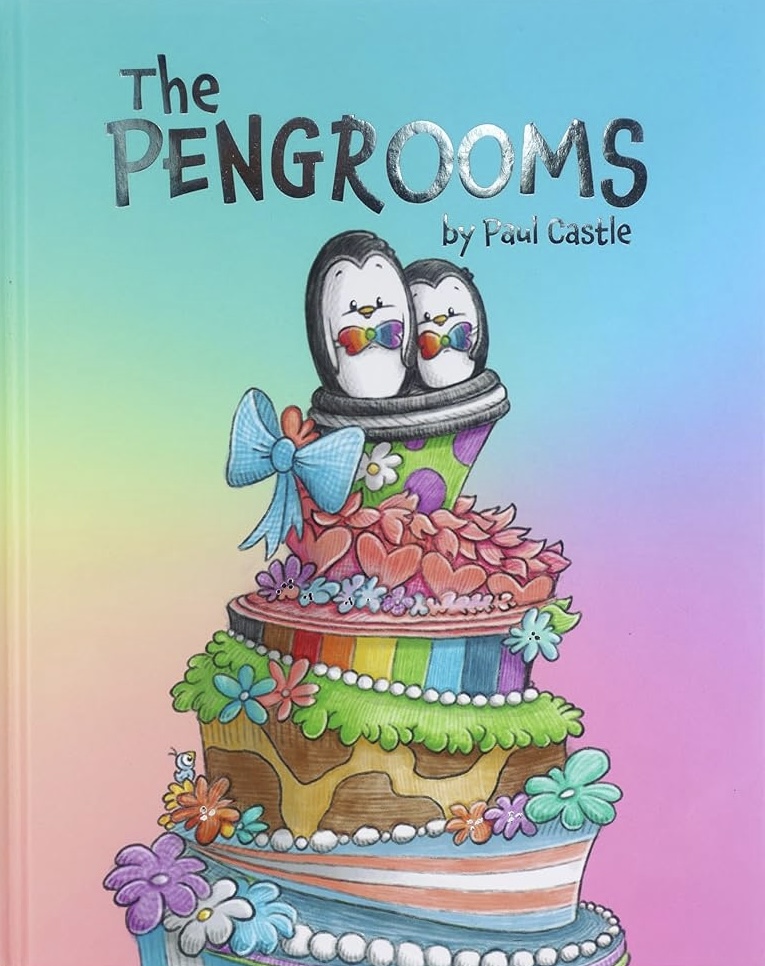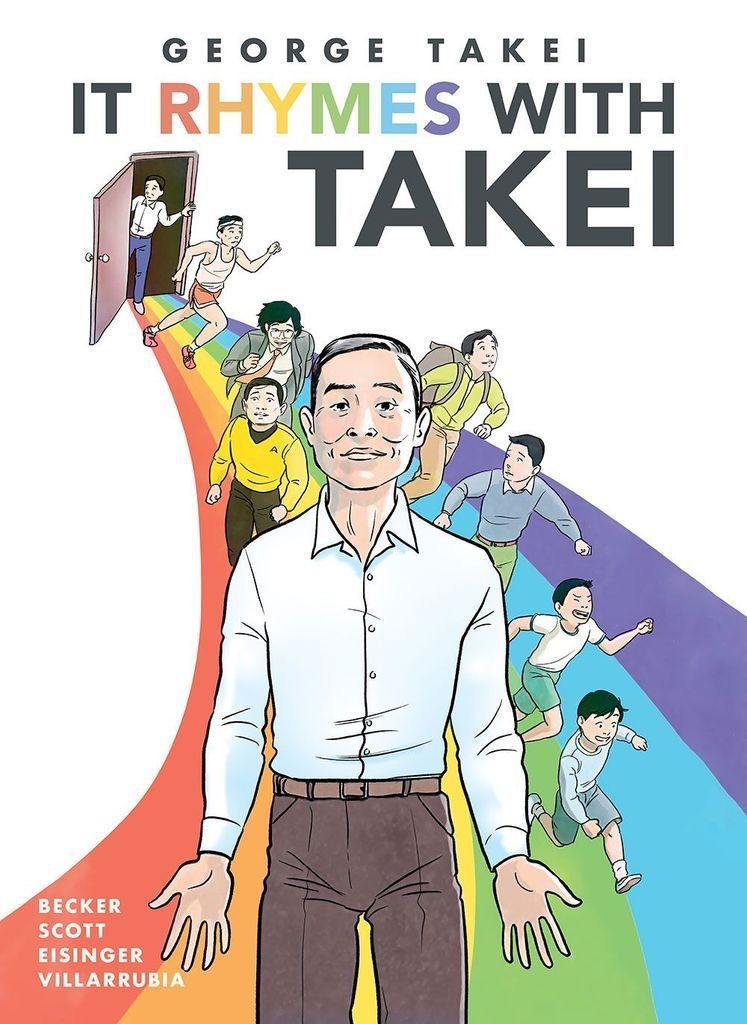 Wow! As advertised, this book gave me HOPE! Serious, grounded hope. The worst possible outcomes of the climate crisis really can be averted, as long as we stay focused on solving the problem.
Wow! As advertised, this book gave me HOPE! Serious, grounded hope. The worst possible outcomes of the climate crisis really can be averted, as long as we stay focused on solving the problem.
Bill McKibben's writing is straightforward and concise, geared towards a wide audience of laypeople and perhaps as lighthearted as you can get while talking about a heavy subject. In fact, if anything, as someone with a background in science and engineering, I sometimes wished for more technical explanations.
In this very approachable book, McKibben brought the receipts for the argument Tom Steyer made in Cheaper, Faster, Better: How We'll Win the Climate War - that clean energy can save us from climate catastrophe. Specifically, solar and wind energy are right now already cheaper than energy from fossil fuels, and the use of renewable energy is growing exponentially. At this point, switching to green energy is just plain saving money, and saving the planet happens to be a nice fringe benefit. (p. 94)
There's an obligatory, sobering chapter describing what climate disaster currently looks like (e.g., heat waves and wildfires and record-breaking storms causing death, destruction, and human migration), how we got here, and why we need to take immediate action on a ginormous scale.
The rest of the book describes various clean energy sources and technologies - e.g., solar cells, wind turbines, hydropower, batteries, heat pumps, electric vehicles, induction cooktops, etc. - their benefits, why it's taken them so long to catch on, the active opposition they've faced (p. 67-68) and are still facing (p. 73, 138-139), how they've improved significantly in recent years and are still improving and will continue to improve (p. 74, 130), why they are now so cheap, how they are already being used, how quickly they are growing, and what we need to do to enable even faster growth.
In an overall sanguine book - he thinks we can achieve net-zero carbon emissions by 2050 (p. 56) and even the energy demands of AI can be accommodated (p. 39) - McKibben points out that though the transition to affordable renewable energy is already underway, an essential point is the speed at which it must be done. We've already crossed the 1.5 degree Celsius threshold in global temperature rise, and physical planetary systems like jet streams have already been altered (p. 6); to stop the total destruction of the earth, the pace of transition must be urgent and sustained. (p. 76-77)
Of course, Big Oil isn't about to just give up their oil and gas reserves that are worth "tens of trillions of dollars" (p. 34), and they've retained power partly by actively spreading misinformation about renewable energy. (p. 139) Even in liberal U.S. states, communities object to wind and solar farms solely on the basis of aesthetics. (p. 140) Fortunately, attitudes are changing - Rockford, IL is proud of their union-built solar farms (p. 147) - and the fight against climate change is global; in some parts of Asia and Africa, the reality of cheap and reliable electricity means individuals and corporations are installing solar panels on their own, independent of the government and their nation's electric grid. (p. 104-109)
Mostly what's needed to enable more widespread implementation of green energy systems is money; there's certainly enough capital tied up by billionaires to fund the entire transition, and "the reallocation and redistribution of that money" - via a 2% wealth tax or a modest tax on luxury goods or the elimination of subsidies to the fossil fuel industry - "is now an existential necessity." (p. 112-113) Additionally, we need to support government policies and programs at all levels that will promote and make it easier for people and organizations to install and switch to green energy. (p. 169-172) Indeed, McKibben writes, "If fascism scares you...figuring out how to break the centralized power of the fossil fuel industry is a key form of resistance." (p. 5)
More than "just" allowing us to cut greenhouse emissions - which is immensely significant in itself - clean energy can help bring about more equitable and humane geopolitics; sun and wind are available for free everywhere, the sun being even more reliable near the equator, and they can't be hoarded like oil and gas. Already, renewable energy is "growing twice as fast in the developing world of the Global South as in the developed world of the Global North." (p. 5)
Importantly, McKibben identifies the bulk of green energy growth as happening in China, where "seven Chinese companies... were by 2024 producing more energy than the Seven Sisters of the oil industry." (p. 57) Instead of connecting cars with Detroit, "increasingly we should be thinking Changchun" in China. (p. 58) Meanwhile, the Trump administration is intentionally propping up fossil fuels and choking any progress in support of green energy - he's put the breaks on the momentum of Biden's Inflation Reduction Act (p. 117-118) - and China is happy to benefit. With the U.S. sidelined, China is poised to "become the dominant player in international climate politics" (p. 118) and, unless the U.S. gets back on track, "it's entirely possible that the US could slide into a kind of global irrelevance." (p. 119)
But it's complicated. China's climate leadership is achieved in part by building solar farms on land where the indigenous Uyghur Muslims, Tibetan Buddhists, and Mongolians are oppressed. (p. 132-133) In the U.S., too, new mines for materials needed to build green energy equipment are often on indigenous land. (p. 133) "There's real harm that will come to real places and real people as we build out this new energy future." (p. 135) Ideally, responsible growth accounting for morality would include indigenous peoples as decision-makers on issues related to their land, or at least allow them to "extract some serious concessions from the government... But we don't live in a fair world" (p. 135) and, sadly, those in power are unlikely to start developing a conscience now.
Interestingly, McKibben weighs in on degrowth. (p. 50-53) He disagrees with the most extreme notion that even renewable energy can't sufficiently meet the future energy needs of the planet. He likes the "softer and smarter" idea to stop chasing after ever-growing GDP and instead "reorient ourselves around measures like 'gross national happiness' that attempt to balance lots of different goals," but not as a solution in itself. (p. 50) He is worried about too much attention being given to efforts to live more modestly to reduce energy demand, because though it's reasonable and desirable to try to reign in consumerism and increase sustainability, it's just not at all likely for all of humanity to make drastic, self-sacrificing lifestyle changes, especially not in the short time frame we have to head off the worst-case outcomes of the climate crisis. (p. 53) The hope is that "a clean energy transition will buy us some time to do these things." (p. 132)
Truly, if you want to feel hopeful about solving the climate crisis, read this book!









